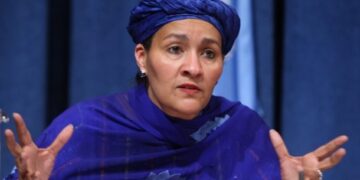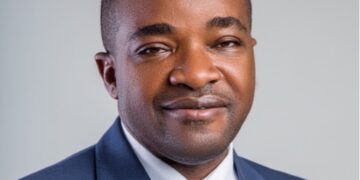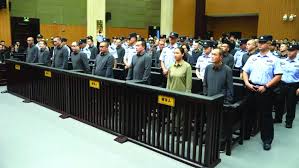The Nursing and Midwifery Council of Nigeria (NMCN) announced on Wednesday a revision of guidelines and requirements for individuals applying for certificate verification with foreign nursing boards or councils. According to the new guidelines, applicants are now required to have a minimum of two years of post-qualification experience from the date of issuance of their permanent practicing license.
The revised guidelines, signed by the Registrar/Secretary-General of NMCN, Dr. Faruk Abubakar, were posted on the council’s official webpage. Applicants are directed to initiate the verification application by visiting the council’s portal, paying a non-refundable fee specified on the portal for verification to Foreign Boards of Nursing. This fee covers the cost of courier services to the applicant’s institution(s) of training, place of work, and the foreign board.
In addition to the two years of post-qualification experience, the council now requires applicants to possess an active practicing license valid for at least six more months. The council will also request a letter of good standing from the Chief Executive Officer of the applicant’s place(s) of work and the last nursing training institution attended.
The announcement has sparked criticism and frustration among the nursing community. Many professionals expressed their dissatisfaction on social media platforms, questioning the rationale behind the new requirements. Some criticized the council for what they perceive as unnecessary hurdles and delays in the verification process.
Critics argue that the demands for two years of work experience before certificate verification and the extended six-month verification duration are unreasonable and hinder career progression for nurses. They also lamented the deactivation of the NMCN verification portal since December 2023, claiming it was a deliberate move to impede nurses’ exploration of new career prospects.
As the controversy unfolds, nurses and midwives are calling on the NMCN to reconsider and streamline the verification process, advocating for better conditions for healthcare professionals in the country.























